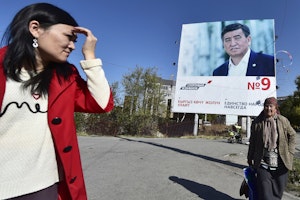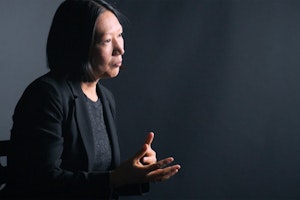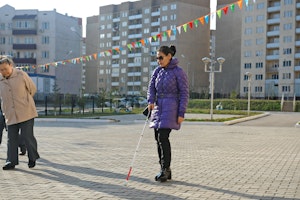Central Asia’s Post-Soviet Islamic Revival
Since the breakup of the Soviet Union, interest in Islam and religious observance has grown rapidly throughout former Soviet Central Asia. Thousands of young Central Asian Muslims have traveled abroad for religious education that is remarkably different from the mostly state-controlled and restrictive opportunities in their home countries. The individuals shaped by these experiences are influencing domestic politics in the context of Central Asia’s Islamic revival after their return home.
At a recent event, David Abramson talked about who is going to which countries to study Islam, why, and how education acquired abroad influences returnees’ attitudes about religion and Islamic practice. This presentation assessed how foreign religious education influences the face of Islam in Uzbekistan and Tajikistan and the distinct strategies each of these countries’ governments is using to manage the Islamic revival.
Growing interest in Islam itself is not a threat to stability, but poorly managed social change can contribute to political destabilization. Ultimately those who have a foreign Islamic education will play a role in redefining the relationship between Islam and state and Islam and society. What role they play depends in part on state efforts to control and accommodate religious activity.
Listen above.


